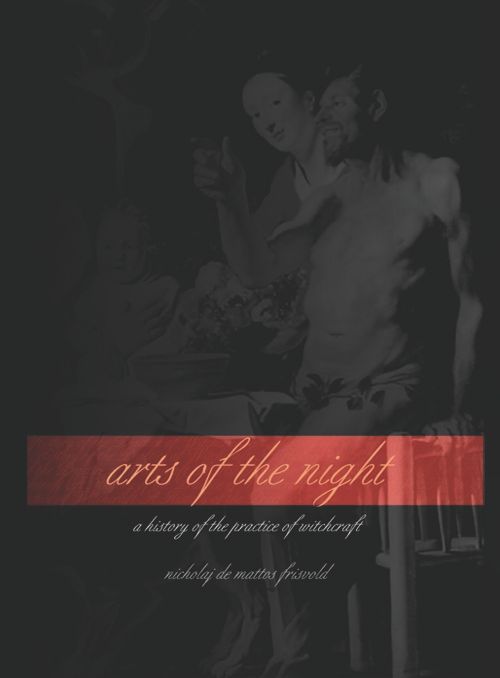Arts of the Night invites the reader into a history of the practices of witchcraft by focusing on Mesopotamia as the possible cradle for the arts and crafts popularly assigned to what we name as ‘witches’. In this book it is suggested that witchcraft is a poetic reality that pertains to humankind at large. The work had as its working premise the six volumes of ‘Magic and Witchcraft in Europe’ edited by Ankarloo and Clark (published by Penn State University Press) but grew soon enough out from this framework. It is my hope that by tracing the history of witchcraft from Mesopotamia and to modern days to provide a greater sensitivity for what the Craft might be by presenting the various practices and philosophies that molded the wise Arts. It is my hope that this tome will heighten the awareness of the Wise Arts being originally a traditional vestige of the great mysteries. In our corrupted world, marked by all forms of traditional deviations, I present this work in the hope that it can aid a little bit to restoring the Craft to its rightful place and order.
Quimbanda is a cult centred on the direct and head on interaction with spirit, hence developing mediumistic skills and capability in spirit trafficking is integral and vital to working Quimbanda. Possession is a phenomenon that intrigues and also scares. After all we have all seen movies like The Exorcist and other horror thrillers giving visual spectacles to how hostile spirits can take over the human body, mind and soul in intrusive and fatal ways. But possessions do find a counterpart in the shamanic rapture as much as in the prophet whose soul is filled with angelic light that makes him or her prophetic. Possession is not only about the full given over of your material vessel to a spirit that in turn uses the faculties of the medium to engage various forms of work. Inspiration, dream and to be ‘under the influence’ are potentially valid and worthy avenues for connecting with spirit. Yet another avenue for good spirit trafficking is the communion, or what Jake Stratton-Kent ca...

